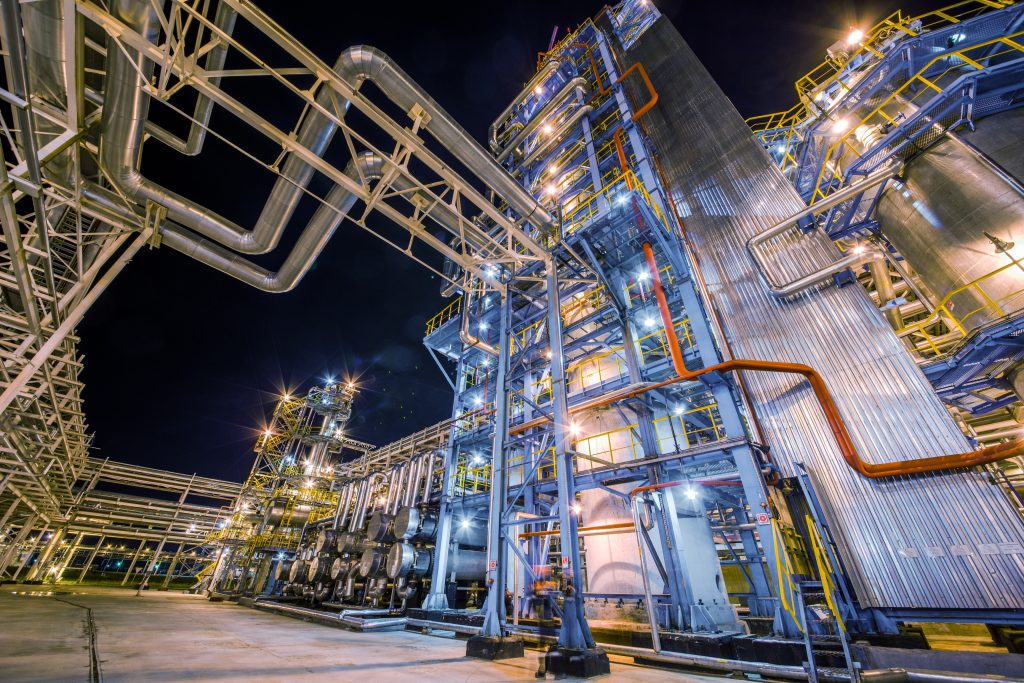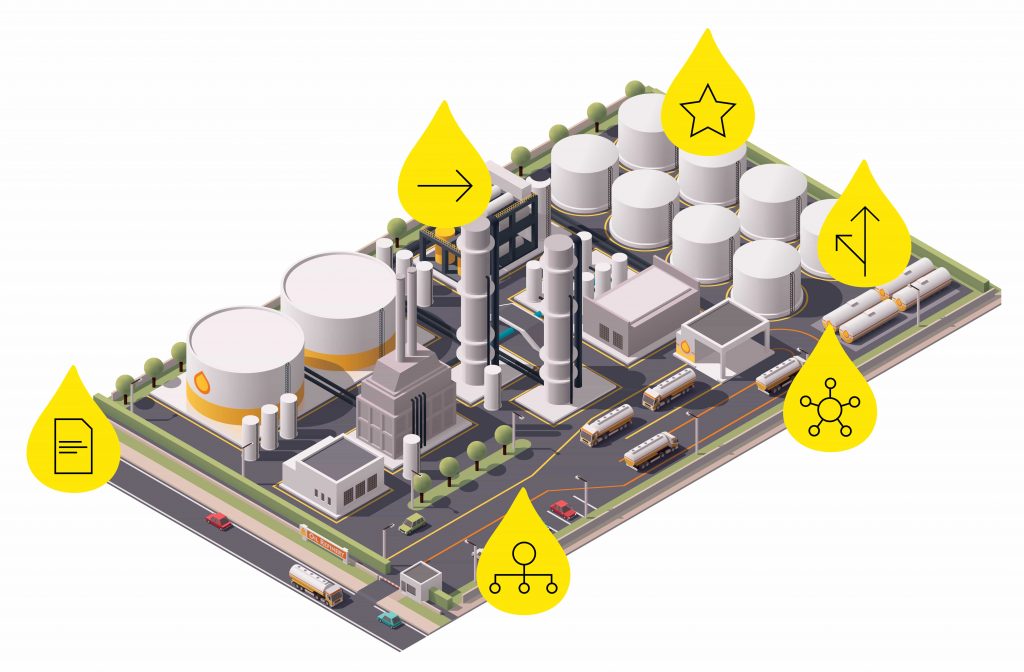Disposing of thoughtfully
Efficient waste management is crucial for good business. In frontier countries, much of the onus is on operators themselves to do the right thing. Environmental specialists Mike Bains, Olga Shtepenko and Reon Pienaar look at some important first steps oil and gas operators can take to ensure they deal with their waste safely and sustainably.
When it comes to waste management in the oil and gas sector, all eyes are on operators to be responsible. Regulatory frameworks vary from country to country, but the responsibility remains with operators themselves to ensure they deal with their waste in the right way.
New frontiers
In frontier countries — those that are smaller and have less-advanced economies than developed ones, such as Madagascar or Uganda — operators invariably face less pressure from regulators to dispose of their waste properly, even though the risks remain high.
Many frontier countries simply don’t have the infrastructure to treat, transport and dispose of waste properly. Inexperienced waste management contractors often operate under poor environmental and health and safety standards. Waste regulations might be ambiguous or incorrectly adopted from other countries, and governments usually lack the people, assets and regulatory know-how to develop and enforce guidelines and rules.
Reputations at risk
The costs of managing oil and gas waste are small compared to the overall investment needed to run an oil and gas facility. But the reputational risks can be significant, particularly where hazardous wastes are involved, for example, oily drill cuttings, chemicals or naturally occurring radioactive material.
Without proper plans in place, waste can become stranded: anything from hazardous chemicals to potentially recyclable materials can become stockpiled on land for many years.
Waste that is stranded and inappropriately disposed of has become an industry-wide problem, especially in developing and frontier countries. It’s a potential source of environmental pollution, social nuisance and holds considerable reputational risk for operators. It’s far better to plan for proper waste management from the start.

Obligation or opportunity?
Where local waste infrastructure is lacking and regulatory requirements or enforcement are weak, operators have to rely on their internal procedures and resources to ensure good practices are followed. Operators in frontier countries do, however, have an opportunity to help build institutional capacity and develop infrastructure.
Start as you mean to go on
Waste management is a basic but essential part of oil and gas projects and shouldn’t be overlooked or underestimated. There are some important first steps operators working in frontier countries should consider.
1. Plan ahead
At the project planning stage, it’s important to assess a host country’s existing waste management facilities, services and overall capacity to deal with waste. By working with local authorities, communities and organisations, operators can fully understand local waste legislations, regulations and identify what — if any — suitable collection, disposal and transport facilities are available. It’s also important to audit waste contractors and existing facilities against local legislations and international and corporate standards to identify where things can be improved.
2. Follow guidance
Where local enforcement is weak, the onus is on operators to use their own waste management programmes. Operators need to know and be prepared to follow good international industry practice, as detailed in various guidance documents produced by the World Bank Group, International Association of Oil and Gas Producers and International Solid Waste Association.
3. What’s the best practical option?
Each country’s waste processing facilities and existing road networks vary. Specialised waste contractors aren’t always available either, with some more willing than others to work safely and sustainably. There may also be other international businesses investing in-country that need partners to develop waste management infrastructure.
4. Consider alternatives
If suitable waste management options can’t be identified, serious consideration should be given to amending processes or chemicals used in oil and gas extraction and production to see if it’s possible to generate less waste, or less-toxic waste that can be managed more easily locally.
5. Take leadership
Showing a genuine willingness to work with local government and contribute to sustainable development is an important part of the process. It’s worth developing training and awareness programmes and establishing an industry leadership group with other oil and gas companies setting up in the region.
6. Get contractors on board
Where infrastructure is lacking, there’s scope for operators to set up or improve existing waste management facilities. This is where waste management contractors can help. They normally require some sort of long-term commitment from operators to justify investing in a frontier country, particularly for facilities that will treat just or mostly oil and gas waste. Sometimes, a company may need to think about developing its own on-site waste management facility — these can include bioremediation, incineration plants or engineered landfills.

Showing a genuine willingness to work with local government and contribute to sustainable development is an important part of the process.






